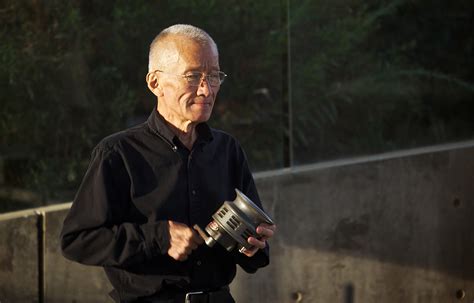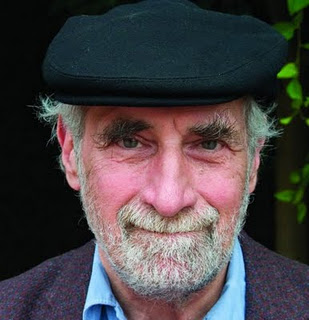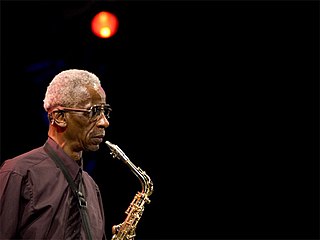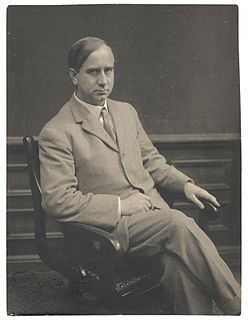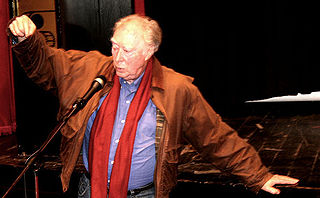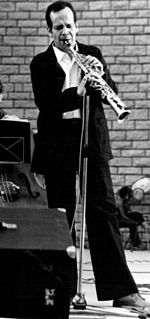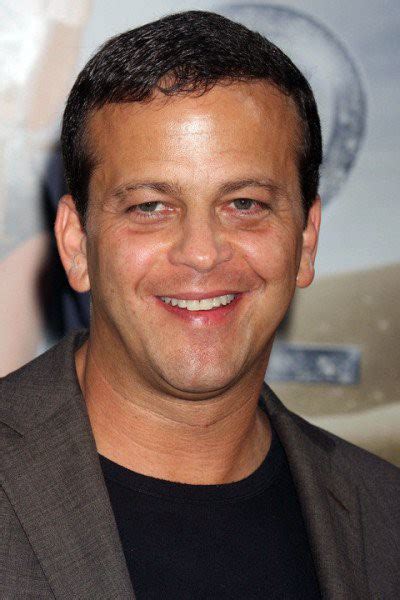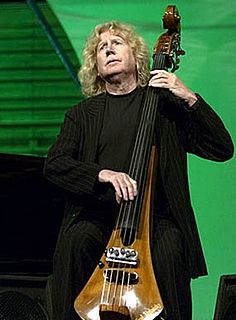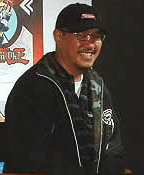A Quote by Yoshi Wada
I don't think I differentiate between composition and improvisation. Improvisation could be a large part of a composition.
Quote Topics
Related Quotes
In 1968 I ran into Steve Lacy on the street in Rome. I took out my pocket tape recorder and asked him to describe in fifteen seconds the difference between composition and improvisation. He answered: "In fifteen seconds the difference between composition and improvisation is that in composition you have all the time you want to decide what to say in fifteen seconds, while in improvisation you have fifteen seconds." His answer lasted exactly fifteen seconds.
I would make a huge distinction between theater improvisation and film improvisation. There isn't much improvisation in film - there's virtually none. The people that theoretically could be good at this in a theater situation don't necessarily do this in a film in a way that will work, because it's much broader on a stage. But in a movie, it has to be real, and the characters have to look entirely real because it's being done as a faux documentary, so there are even fewer actors that can do that on film.
Composition is a side issue. Its role in my selection of photographs is a negative one at best. By which I mean that the fascination of a photograph is not in its eccentric composition but in what it has to say: its information content. And, on the other hand, composition always also has its own fortuitous rightness.
The creation and destruction of harmonic and 'statistical' tensions is essential to the maintenance of compositional drama. Any composition (or improvisation) which remains consonant and 'regular' throughout is, for me, equivalent to watching a movie with only 'good guys' in it, or eating cottage cheese.
When I create I don't think in technical or mathematical terms until the idea is formulated Musical composition is formulated in improvisation. Once a pianist like myself sits down and begins to play and start thinking about what I am writing all of a sudden a little tune will emerge, a little spot light and I'll go, "That's interesting."
